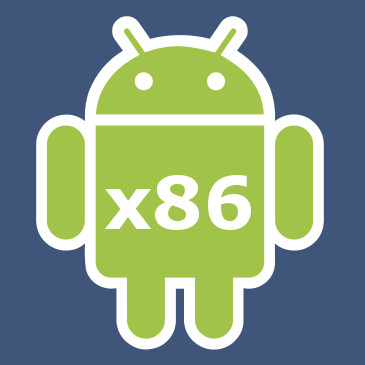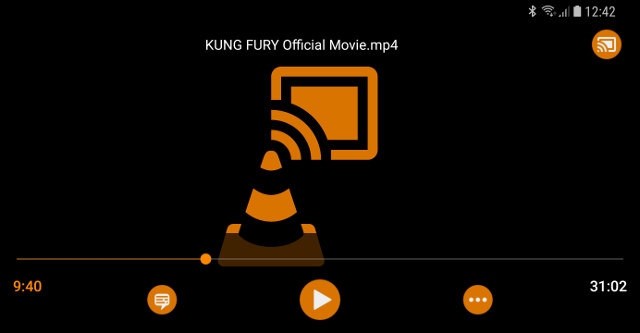Two completely unrelated open source projects have released a stable version of their software this week, but instead of writing a post for each I’ll write about them in a single post.
VLC 3.0 Vetinari
VLC developers have just released version 3.0 – codenamed Vetinari – of the popular media player with new features such as ChromeCast support, and 8K video playback. Other highlights from the release include:
- Hardware decoding enabled by default to get 4K and 8K playback
- 10-bit and HDR support (only on Windows 10 Fall Creators Update for now)
- 360 video and 3D audio, up to Ambisoncics 3rd order
- Allows audio passthrough for HD audio codecs
- Can play Blu-Ray Java menus: BD-J
- Browsing of local network drives and NAS
VLC 3.0 is also the first major version to be released for all platforms at the same time, and you can download VLC 3.0 for Windows, Mac OS X, Linux, Android, iOS, and Windows Phone / RT, and since the project is open source so you can also retrieve the code. You may also find more details about Android specific changes, where the developer mentions Android support on DeX, Chromebooks and Android auto. I tried VLC on a TV box a few years ago, and it did not work well at all, but now they claim support for Android TV too, so this must have improved.
Android-x86 7.1-r1
 Android-x86 project allows you to run Android on your Intel/AMD computer, and the developer have just released the first stable Android Nougat release with Android-x86 7.1-r1.
Android-x86 project allows you to run Android on your Intel/AMD computer, and the developer have just released the first stable Android Nougat release with Android-x86 7.1-r1.
Changelog / key features:
- Android-x86 installer was improved a lot:
- Created EFI boot entry to efibootmgr.
- Added auto-installation function which is useful to install Android-x86 as the only one OS.
- Provided more information on disk and partition selection menu.
- Added advanced options to provide more boot options.
- Saved the last choice in grub2 menu.
- Updated kernel to the LTS kernel 4.9.80 with more patches from AOSP.
- Added a new HAL for IIO type sensors.
- Shows poweroff menu by Ctrl-Alt-Del.
- Fixed a lot of bugs.
You’ll find more details on the release page, including download links for the 32-bit / 64-bit ISO or RPM images.
Via Liliputing and XDA Developers

Jean-Luc started CNX Software in 2010 as a part-time endeavor, before quitting his job as a software engineering manager, and starting to write daily news, and reviews full time later in 2011.
Support CNX Software! Donate via cryptocurrencies, become a Patron on Patreon, or purchase goods on Amazon or Aliexpress





